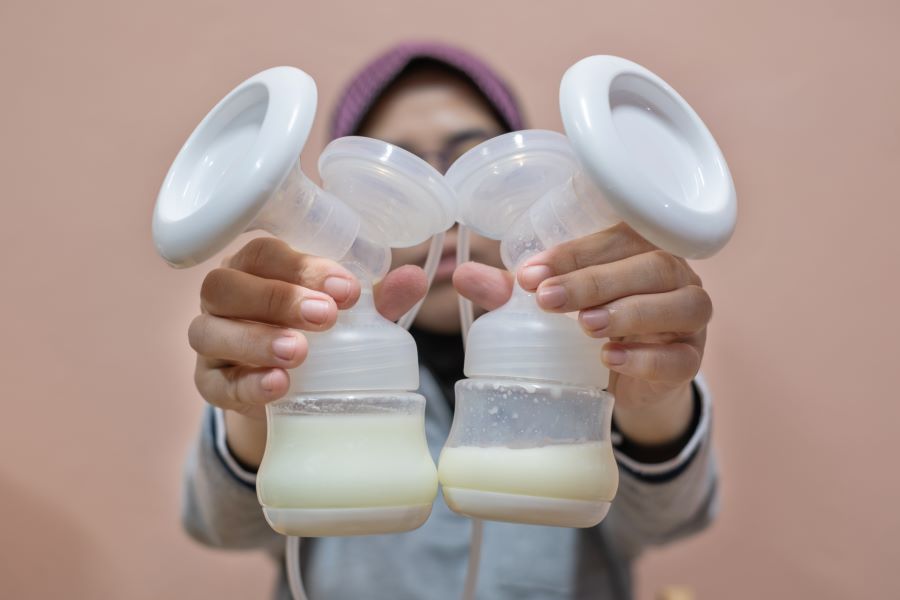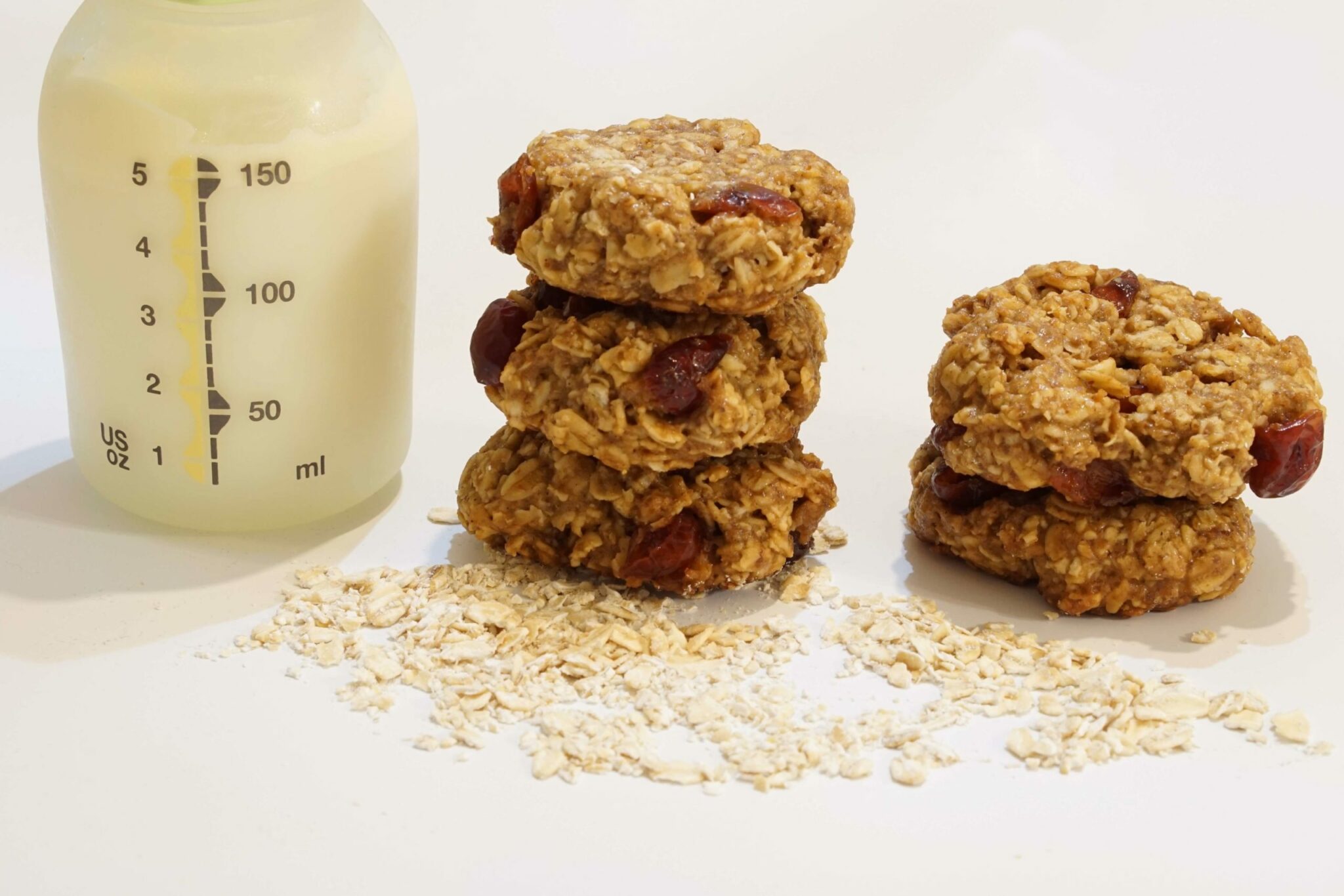How to Deal With Milk Oversupply


Most new moms and pregnant women have heard of low milk supply and have this as one of their top concerns when breastfeeding. However, having the opposite problem — making more milk than your baby needs — can actually cause just as much stress and frustration as having too little. This condition is known as oversupply and can present some challenges for moms and babies alike.
While it might sound like a blessing to have an oversupply of milk, it can often cause babies to have difficulty with nursing. Imagine trying to drink from a fire hose! These babies will often frequently pull off the breast to try to deal with the increased flow of milk and may cough or spit up excessively.
Moms with oversupply find it annoying in different ways. They may find that they continuously leak milk and stain their clothing, despite using absorbent nursing pads. They often feel very full and may be prone to mastitis and plugged ducts since their baby is not able to remove milk at the rate that their breasts are producing it.
Often, over time women with oversupply will find that their supply adjusts to their baby’s needs as long as they don’t worsen the problem by pumping frequently (some moms may do this for comfort, but really it sends the signal to your body to just make more milk!). But for those who don’t, there are some things that might help fix the problem:
Feeding from only one breast at a time will help your baby get all the milk he needs but will also help decrease your supply slowly to a more manageable level, since only one breast is being drained at a time.
Block feeding is when, for a few hours at a time, no matter how many times your baby wants to nurse, you only feed from one breast. At the end of that block of time, the other breast is used. This can help regulate your supply gradually over time.
Feed your baby in an upright position (such as the football hold) to give your baby more control at the breast, and allow her to pull off and rest when needed.
Avoid excessive pumping (some moms will do this in preparation for returning to work, only to end up with oversupply as a result).
If you or your baby is still struggling despite these measures, talk to your doctor or lactation consultant. Sometimes medications can be prescribed to decrease your supply, but this shouldn’t be done without careful evaluation and follow-up!
Sources:
- Riordan and K
- Wambach
- Breastfeeding and Human Lactation, 4th edition.
Powered by Bundoo®










































